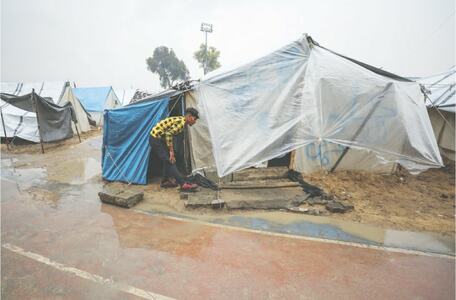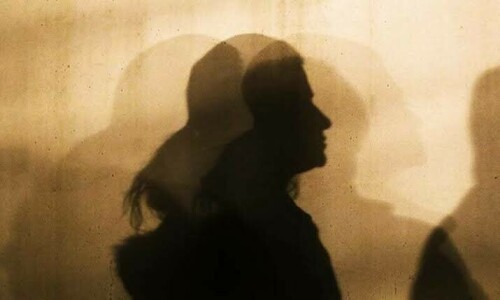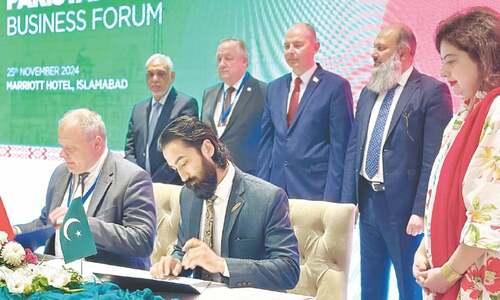UNITED NATIONS: Oscar-winning actress Cate Blanchett told the UN Security Council on Tuesday that nothing prepared her for “the extent and depth of suffering” she saw when she visited camps in Bangladesh for Rohingya Muslims who fled a violent crackdown by Myanmar’s military.
In her very different role as a goodwill ambassador for the UN refugee agency, Ms Blanchett said she heard “gut-wrenching accounts” of torture, rape, people seeing loved ones killed before their eyes, and children thrown into fire and burned alive.
“I am a mother, and I saw my children in the eyes of every single refugee child I met,” she said. “I saw myself in every parent. How can any mother endure seeing her child thrown into a fire?”
The two-time Academy Award winner said: “Their experiences will never leave me.”
The Rohingya have long been treated as outsiders in Buddhist-majority Myanmar, even though their families have lived in the country for generations. Nearly all have been denied citizenship since 1982, effectively rendering them stateless, and they are also denied freedom of movement and other basic rights.
The latest crisis began with attacks by an underground Rohingya insurgent group on Myanmar security personnel last August in northern Rakhine State.
Myanmar’s military responded with counterinsurgency sweeps and has been accused of widespread rights violations, including rape, murder, torture and the burning of Rohingya homes and villages forcing about 700,000 Rohingya to flee to neighbouring Bangladesh.
Ms Blanchett, who visited refugee camps in Bangladesh in March, recounted stories that were told to her and said it was important to recall that last year wasn’t the first attack on the Rohingya.
A woman, Gul Zahar, told her that in 1978 she was among the 200,000 Rohingya refugees who had streamed into Bangladesh “fleeing brutality and widespread abuse”, said the actress.
In 1992, Gul was among another 250,000 stateless Rohingya who sought safety in Bangladesh. And now at age 90, Ms Blanchett said, Gul was sadly a refugee again living in poverty in Bangladesh “with the sole wish that her great grandchildren will have a better future”.
Published in Dawn, August 30th, 2018










































